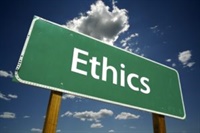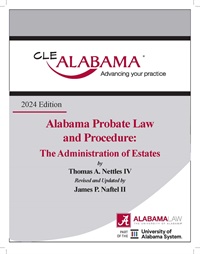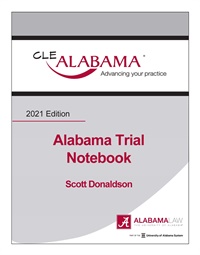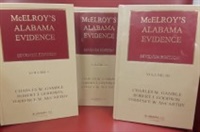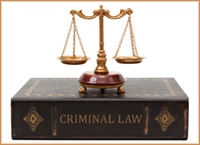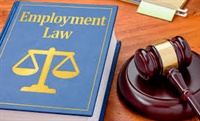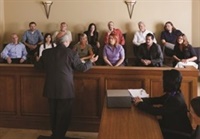Ethical Issues When You Have a Dishonest Client
Total Credits: 1 including 1 Ethics
- Average Rating:
- Not yet rated
- Categories:
- Ethics
- Faculty:
- Thomas E. Spahn
- Original Program Date:
- Jan 13, 2025
- License:
- Never Expires.
Description
One of the dangers of practicing law is that, now and again, you get a dishonest client. Your client may be misleading you – and others – about the facts of their case, either through silence or affirmative misstatements. Or they may be telling you one thing and others something else different. You may discover proof of the dishonesty or just suspect it. Client dishonesty raises many ethical issues. What must you do to ensure your client is telling you the truth? What if you discover a client is lying to a court or tribunal? Are you allowed to disclose the dishonesty despite the duty of client confidentiality? Are there degrees of client dishonesty – some acceptable, others not? This program will provide you with a guide to the substantial ethical issues when client dishonesty is discovered or suspected.
Schedule:
- Tension between the duty of confidentiality and the duty to be honest in communications
- Determining whether a client is lying – active v. passive, fact v. opinion, affirmative statements v. silence
- Unknowing attorney representations on basis of client dishonesty
- Duties of disclosure and to whom – the tribunal, third parties?
- Mandatory and permissive withdrawals from a case, including “noisy” withdrawals
- Discovery of dishonesty in closed matters
Handouts
| Handout 1 (2 MB) | 426 Pages | Available after Purchase |
| Handout 2 (1.5 MB) | 305 Pages | Available after Purchase |
Faculty
Thomas E. Spahn Related Seminars and Products
McGuireWoods, LLP
Thomas E. Spahn is a partner in the McLean, Virginia office of McGuireWoods, LLP, where he has a substantial practice advising clients on properly creating and preserving the attorney-client privilege and work product protections. For more than 30 years he has lectured extensively on legal ethics and professionalism and has written “The Attorney-Client Privilege and the Work Product Doctrine: A Practitioner’s Guide,” a 750 page treatise published by the Virginia Law Foundation. Mr. Spahn has served as a member of the ABA Standing Committee on Ethics and Professional Responsibility and as a member of the Virginia State Bar's Legal Ethics Committee.

